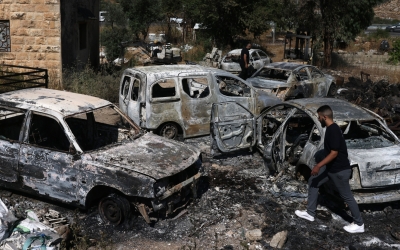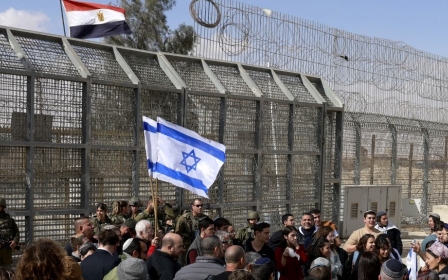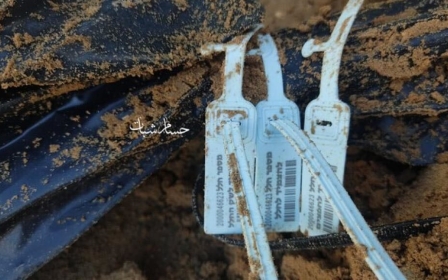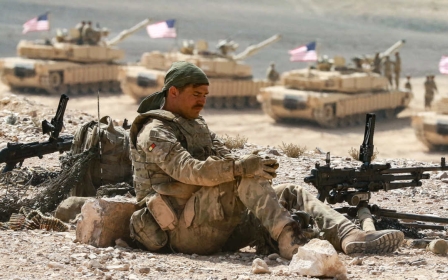Iraqi militia to stop attacks against US, as Israel floods Gaza tunnels
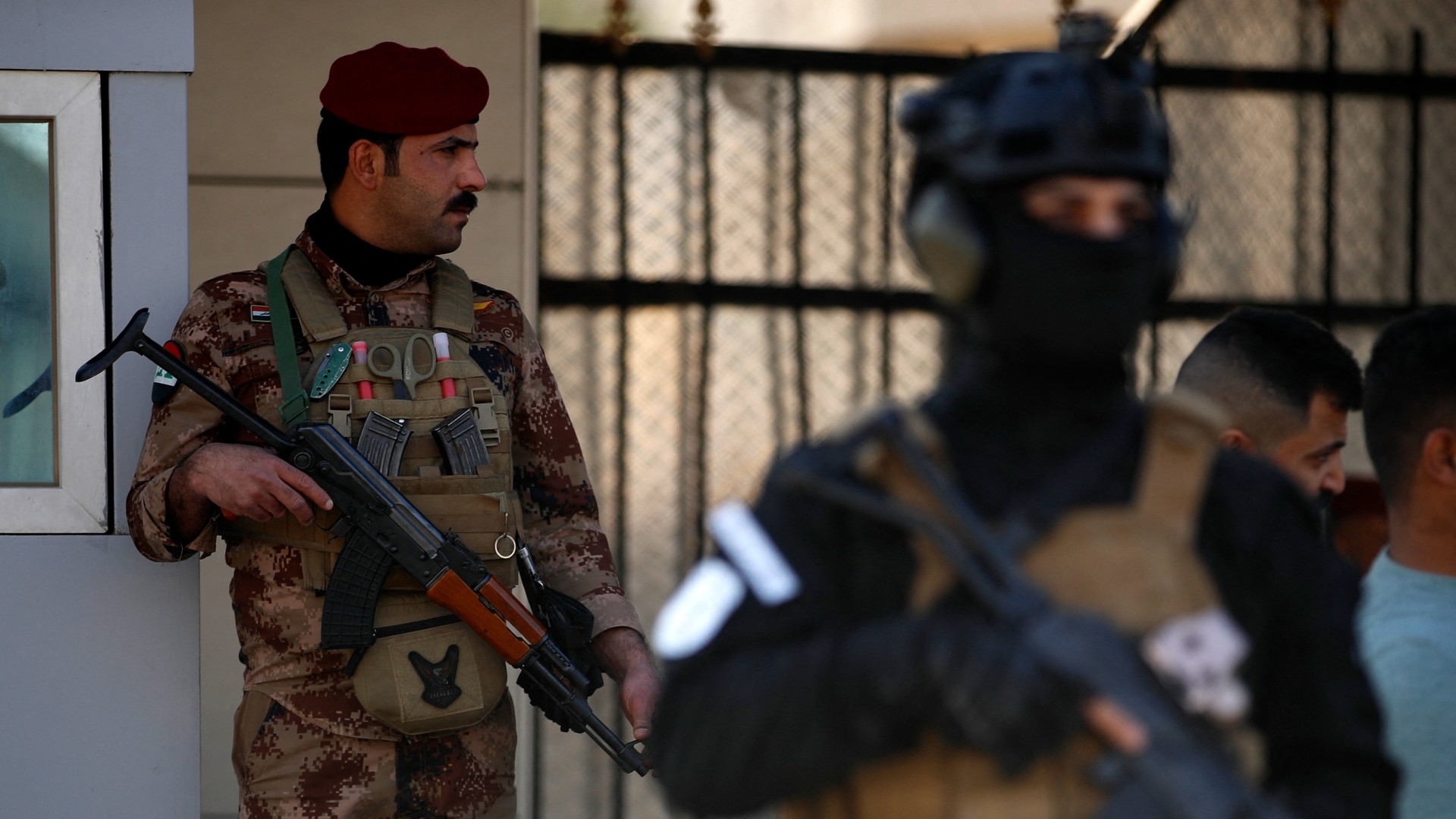
Kataib Hezbollah, an Iran-backed Iraqi paramilitary group, has announced that it will halt military and security actions against US forces.
On Monday, the US said that a drone strike that killed three American soldiers in Jordan had "the footprints of Kataib Hezbollah" - and vowed it would respond.
“We announce the suspension of military and security operations against the occupation forces in order to prevent embarrassment to the Iraqi government,” said Abu Hussein al-Hamidawi, secretary-general of the paramilitary group.
“We will continue to defend our people in Gaza in other ways.”
Iran-aligned groups have been waging attacks against Israeli and US targets in Lebanon, Yemen, Iraq and Syria since their Palestinian ally Hamas and Israel went to war on 7 October.
Meanwhile, the Israeli army said on Wednesday that it had begun flooding tunnels in the Gaza Strip with seawater, confirming what had been an open secret for several weeks.
The military said in a statement that it had “implemented new capabilities to neutralise underground terrorist infrastructure in the Gaza Strip by channelling large volumes of water into the tunnels”.
Researchers specialising in water, diplomacy and conflict have told Middle East Eye that the flooding would have damaging ecological effects, including the pollution of Gaza's already devastated water supply and damage to its crops.
Palestinians found dead in school
Elsewhere in Gaza, dozens of Palestinians were found dead at a school in the north bearing Hebrew writing.
The bodies of 50 Palestinians were discovered at the grounds of the Khalifa bin Zayed elementary school in Beit Lahia on Tuesday, after Israeli forces withdrew from the area, local residents told Middle East Eye.
The bodies were discovered under a mound of rubble at the school, with videos uploaded on social media sites showing several of the body bags tied with white plastic zip ties, normally used for tying cables together.
According to eyewitnesses assisting in identifying the deceased, Israeli forces reportedly executed the Palestinians nearly two months ago on a road near the school.
MEE reached out to the Israeli army for comment but did not receive a response by time of publication.
Follow Middle East Eye's live coverage of the Israel-Palestine war
The grizzly discovery comes a day after more than 100 Palestinian bodies that were exhumed and taken by Israeli forces from various areas in the Gaza Strip were returned for a mass burial in the southern city of Rafah.
Some of the bodies were unidentified when they were reburied, while others had heavily decomposed, the Palestinian news agency Wafa reported.
“The discovery of this mass grave in this brutal form reflects the scale of the tragedy to which Palestinian civilians are exposed, the mass massacres and executions of even detainees, in flagrant and gross violation of all relevant international norms and laws,” the Palestinian foreign ministry said on Wednesday.
In the southern Gaza Strip, Israeli tanks surrounded al-Amal Hospital in Khan Younis, with drones and heavy machine guns shooting “at every moving object inside the medical compound”, a correspondent for Al Jazeera said.
Earlier in the day, Israeli forces stormed the hospital and a security guard was shot dead by one of the quadcopters hovering at a low level in the sky.
At least 26,900 Palestinians have been killed and 65,949 wounded in Israeli strikes on Gaza since 7 October, the Palestinian health ministry said in a statement.
It added that 150 Palestinians were killed and 313 wounded by Israeli strikes in the last 24 hours.
In the occupied West Bank, meanwhile, a video broadcast by Al Jazeera appeared to show Israeli soldiers using a detained man as a human shield during a military operation in the Qalandiya refugee camp near Ramallah.
The man is seen in chains, wearing a medical face mask, military body armour and a soldier's helmet. MEE could not independently verify the footage.
Middle East Eye propose une couverture et une analyse indépendantes et incomparables du Moyen-Orient, de l’Afrique du Nord et d’autres régions du monde. Pour en savoir plus sur la reprise de ce contenu et les frais qui s’appliquent, veuillez remplir ce formulaire [en anglais]. Pour en savoir plus sur MEE, cliquez ici [en anglais].


